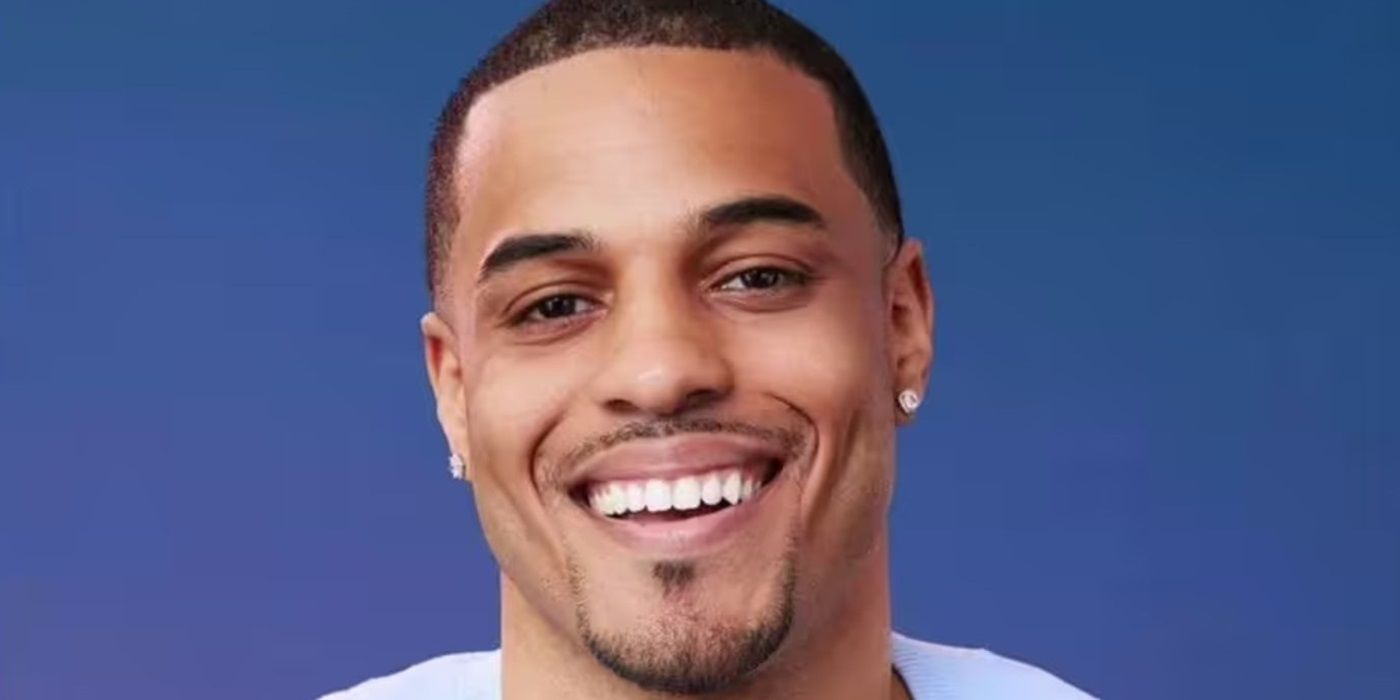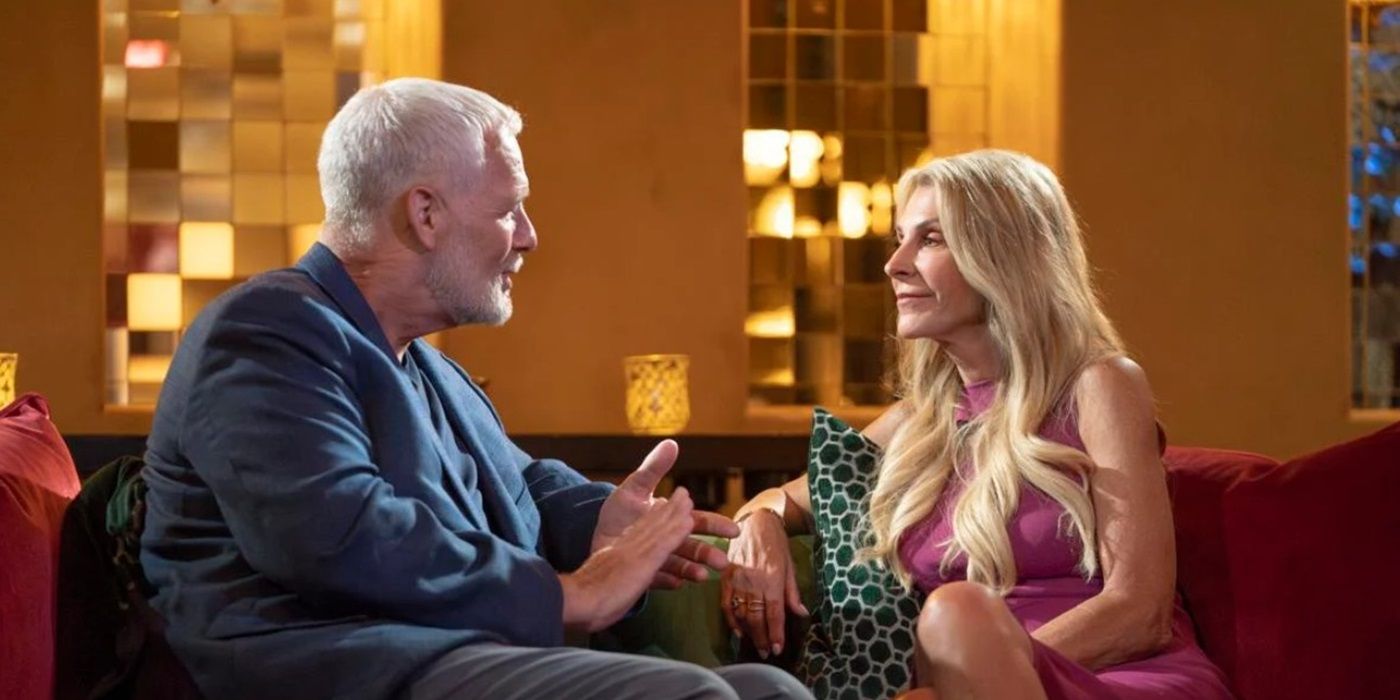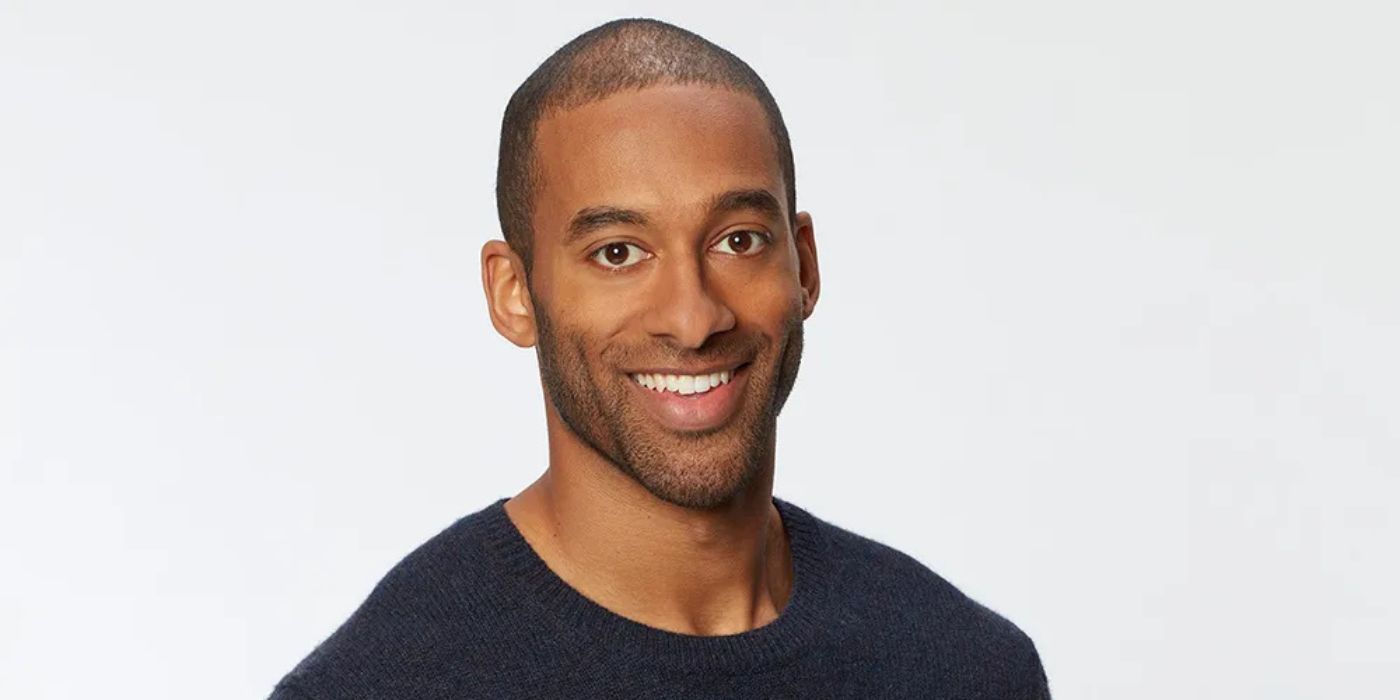The rules of prime-time television have always promoted young beautiful stars as the object of affection. From sitcoms, to dramas and, more recently, reality shows, our heroes and heroines are usually well under 35 and fit into the narrow American standards of beauty that are acceptable to most television audiences. The Bachelor was one of the first dating reality shows to resonate with a national audience, finding its way to mass popularity on a major network.
The series debuted in 2002 with 31-year-old bachelor Alex Michel as a dreamy love interest for a host of twenty-somethings and an occasional 30-year-old. Alex fit the Harlequin romance description of tall, dark-haired and handsome with a degree from Harvard to boot. After Alex, there were a succession of cookie-cutter bachelor and bachelorettes, that could’ve qualified for an Abercrombie & Fitch advertising campaign. Young, blonde or brunette, beautiful, muscles on the men, lithe shapely bodies for the women. Advertisers of the wildly popular show were pleased to cater to a twenty-and thirty-something audience with their Ken and Barbie replica cast members because the ratings were higher than any other dating series on TV. However, 20 years after the series debuted, the audience needed something different and producers responded with The Golden Bachelor.
Bachelor Nation Began Diversifying Its Pool in 2021
After two decades of extremely young, picture-perfect bachelors and eventually bachelorettes, fans begged for something more substantial to aspire to. Warner Horizon unscripted television, producers of the mega-hit dating reality series, ignored the public outcry until the diversity takeover that happened after the country endured a racially polarized 2020. After a Black man’s life was lost in front of millions on social media, corporate companies across the nation leaned into their DEI departments to prove they didn’t support racial bias. In 2021, on the heels of George Floyd, a Black bachelor was introduced to Bachelor Nation.
Matt James was a former NCAA football player and businessman –the perfect solution to the heightened scrutiny of the public of their favorite brands. ABC’s advertisers were pleased with the call to action from Warner Horizon and Matt’s season was one of the most successful to date. After the shakeup with Matt, Bachelor Nation welcomed a Black Bachelorette also, showing equality to both genders, but there proved to still be a disconnect with the audience even after adding more diversity.
The core fan demographic for The Bachelor that followed the franchise from 2002 had moved from their twenties to their thirties and forties and some even fifties. Loyal fans of the aspirational dating show wanted to see examples of love that they could aspire and relate to, but most importantly, advertisers realized the staple demographic had outgrown the show, and they were missing a huge piece of the consumer pie by not marketing to the 55+ demographic.

Related
The Core Audience of Bachelor Nation Have Moved Into Their Golden Years
According to AARP, The Golden Bachelor was Bachelor Nation’s way of joining a bandwagon many other television shows had already figured out. Younger audiences are less likely to watch mainstream television, opting instead to stream their content or have found other newly introduced series to support. If Warner Horizon wanted to hold on to those loyal Bachelor Nations fans, they needed to overhaul the series to include a leading man that could capture the hearts of the baby boomers sitting at home, with once-blonde tresses replaced with gray ones and sensible heels replacing their stilletos.
The audience was embracing a much different stage in life as they watched reruns of their favorite late 90s and early 2000’s shows. Instead of looking forward to starting families, Baby Boomers are embracing grandchildren, figuring out retirement and taking care of aging parents. Their priorities have changed, but their relationship with television has remained constant. They still love seeing examples of themselves on reality shows, giving them a bit of hope for their often mundane lives. They have remained faithful to their younger days when their grocery carts were filled with products advertised on television.
Producers of The Bachelor realized they needed to pivot to accommodate the core audience and to satisfy advertisers realizing the power of the 55+ demographic. The Golden Bachelor was introduced in 2023 with 71-year-old bachelor Gerry Turner as its handsome seasoned bachelor. Focusing on keywords like “sunset love” and a “celebration of the golden years,” Horizon avoided terms like senior citizens or grandparents and instead glamorized finding love for the second time or even possibly after losing a spouse.
Understanding 50+ women represent the largest demographic of people with $100k or higher incomes and are the biggest consumers of the fashion and beauty market, producers cast a beautiful and lively bunch of single women for their handsome golden bachelor. Hearing the bachelor was a 71-year-old widower, fans weren’t expecting to see grandmothers and widows sporting sexy black dresses and heels with gray, blonde and brunette tresses in a promo photo for the premiere season.
The strategy worked like television magic and, according to Variety, 6.1 million viewers tuned in to see who Gerry Turner would propose to on Thursday night after two months of wooing women of a certain age. That marks not only a series high, but the most-watched episode of any series in The Bachelor franchise since the conclusion of James’ season in 2021, proving that paying attention to trends in the core audience demographics always results in a win.
In 2021, producers reacted to a national outcry and cast a diverse bachelor. Audiences responded with ratings that showed their appreciation for a change that represented the shift in culture. That shift was replicated with The Golden Bachelor and the acknowledgment of the Bachelor Nation audience no longer relating to singles fresh out of college in their early twenties with no life experience.




















